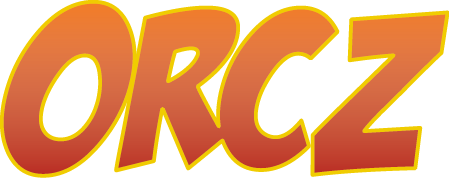
To the right of your Shield is the Information Bar. From this bar you can learn at a glance quite a lot of information about your country. Moving along the gilded top row, you have:
Contents
Treasury[edit]
Displays the balance in your treasury. Hovering over this will tell you your monthly income, and a quick explanation about why you are in the black or in the red.
Manpower[edit]
This shows the current reserves of your available manpower, the young men of military age who you can recruit into new armies or use to replace fallen soldiers. Hovering over this will tell you how many men your current armies require to prevent attrition, the maximum reserves of available manpower, and how much this value will increase or decrease over the next month.
Stability[edit]
Shows how stable your country is, on a scale of -3 to +3, as well as the benefits or penalties you receive based on your current stability level.
Prestige[edit]
How much your nation is respected by other countries. Hovering over this will explain your current level, what is influencing it upwards or downwards, and the benefits and penalties you receive based on your current prestige level.
Legitimacy[edit]
How much faith your subjects have in your ruler’s claim to legitimate rule. Hovering over this will explain the contributors to your Legitimacy status, and the benefits and penalties you are receiving as a result. For Republics, this is Republican Tradition, which represents the peoples’ faith in a Republican form of government, as well as their resistance to attempts to suborn that tradition.
Merchants[edit]
You can dispatch merchants to trade nodes, with orders either to Collect From Trade, increasing your trade goods at the node, or to Transfer Trade Power which will increase the trading power of your country – and weaken the trade power of another. Both of these are long term assignments, and your merchants will remain in place at trade nodes until you recall them.
Colonists[edit]
You can send forth colonists to establish colonies in unoccupied lands (well, not totally unoccupied, as there are native peoples everywhere, but natives have no organized armies to resist your colonization). Your Colonists will remain on assignment until the new colony has grown into an organized province in your expanding empire.
Diplomats[edit]
Diplomats can be dispatched to interact with foreign powers, where they may handle short-term assignments, such as signing treaties, negotiating marriages, and delivering insults, after which they will return. They may also be given long term assignments, such as building stronger relationships or forging claims on certain lands you would like to possess, in which case they remain on site until recalled or until their task is complete.
Missionaries[edit]
You can send missionaries to convert any local misguided heathens to the One True Religion – yours. Missionaries may be dispatched to any province you wish to convert to your state religion. They remain there until the task is complete.
Underneath each are two numbers: the number currently available for assignment, meaning those who do not already have a current task, and the total number that you have at your disposal.
Beneath this gilded top row is another row, decorated with a flowing banner. Here you can see the name of your country, in case you should ever forget, as well as three other pieces of information. From left to right, there is pictured a Document, a Dove, and two Crossed Swords. The adjoining numbers respectively represent your current available Administrative Power, Diplomatic Power and Military Power. These are collectively known as Monarch Points, which you can spend to develop your country’s infrastructure, philosophies, and technologies. Hovering over them will bring up a tooltip explaining how fast each number is growing, why it is growing at that speed, and the critical importance of these three numbers to your success in the game





